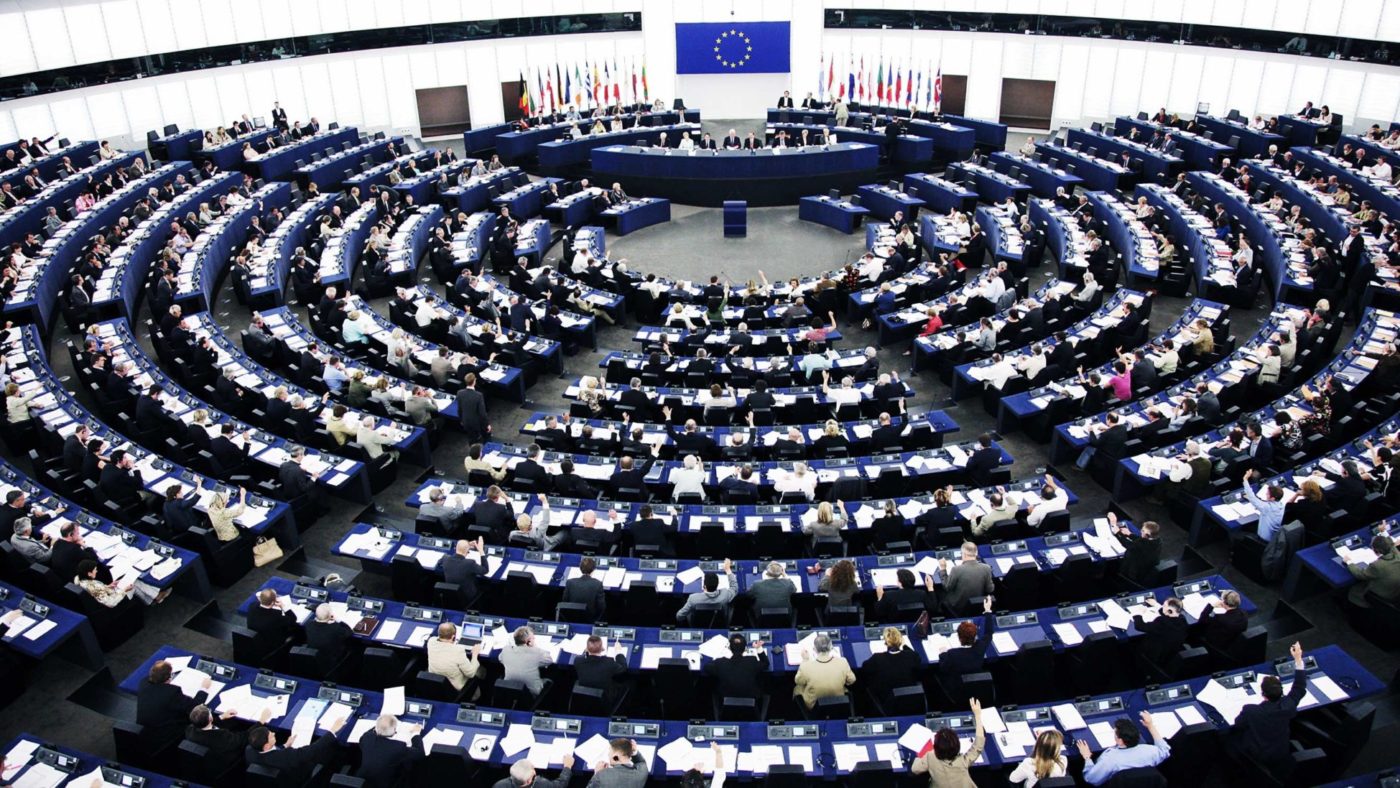Without stories, politics is little more than a series of random of events. We need them to make sense of a chaotic world.
Events have, of course, seemed even more tumultuous than usual lately. And ever since 2016, the political story we have used to digest this disorder is of a tussle between liberal democracy and populism. Or globalists and nationalists. Or establishment and insurgents.
Whatever happens in 2019, there will be plenty that can be placed in this frame. Most immediately, and closest to home, the Brexit endgame is about to play out. Elsewhere, we are likely to find out if the tick-tock of the Mueller probe will end as explosively as Donald Trump’s opponents hope. Jair Bolsonaro, the most explicitly national populist leader in the Western hemisphere, is now in office in Brazil.
The performance of populist parties will likely be the dominant storyline in May’s European elections. Important votes such as those in India, Nigeria and Indonesia mean that more than a third of the world’s population will take part in nationwide elections that will almost all be analysed in terms of liberal versus populist.
Increasingly, however, this story is obscuring as much as it reveals.
Jeremy Corbyn, for instance, has much in common with the right-wing populists. He is no champion of liberal economics. He appears to dislike the free press, and shows a fondness for foreign despots. But for all the similarities between Corbyn and, say, Trump, their support springs from very different places.
As for the self-styled champions of liberal democracy, too many of them are neither especially liberal nor especially democratic. Consider Jean-Claude Juncker’s claim on the euro’s 20th birthday, dismantled by Andrew Stuttaford for CapX, that the single currency has become a ‘symbol of unity, sovereignty and stability. It has delivered prosperity and protection to our citizens’. It is a statement that is, in its own way, as deluded and dogmatic as Steve Bannon’s soundbites.
And that is the biggest problem with the dividing line. It sorts politicians into the good guys and the bad guys, letting the former off too lightly and brushing aside the fact that the latter are sometimes worth listening to.
If you believe in the open society – as we do at CapX – you have to accept that threats to those values come from both sides of liberal/populist divide. The supposed defenders of the liberal order can pursue wrong-headed political projects just as doggedly as the insurgents. And your enemy’s ideological enemy most definitely isn’t your friend.
The West is stuck in an unedifying and damaging political moment. Cultural clashes are trumping economic ones. Symbolism seems to matter more than substance. Totemic battles of little consequence rage on while the questions that will determine our long-term prosperity go unanswered. Fewer and fewer people change their mind. Demonstration is replacing deliberation. Good policy is the loser.
So instead of trying to squeeze our political leaders into one of those two increasingly shopworn boxes, let’s instead score them on the extent to which they appreciate and argue for the ingredients that we know deliver political and economic success. Because in every country, there is plenty of room for improvement.


